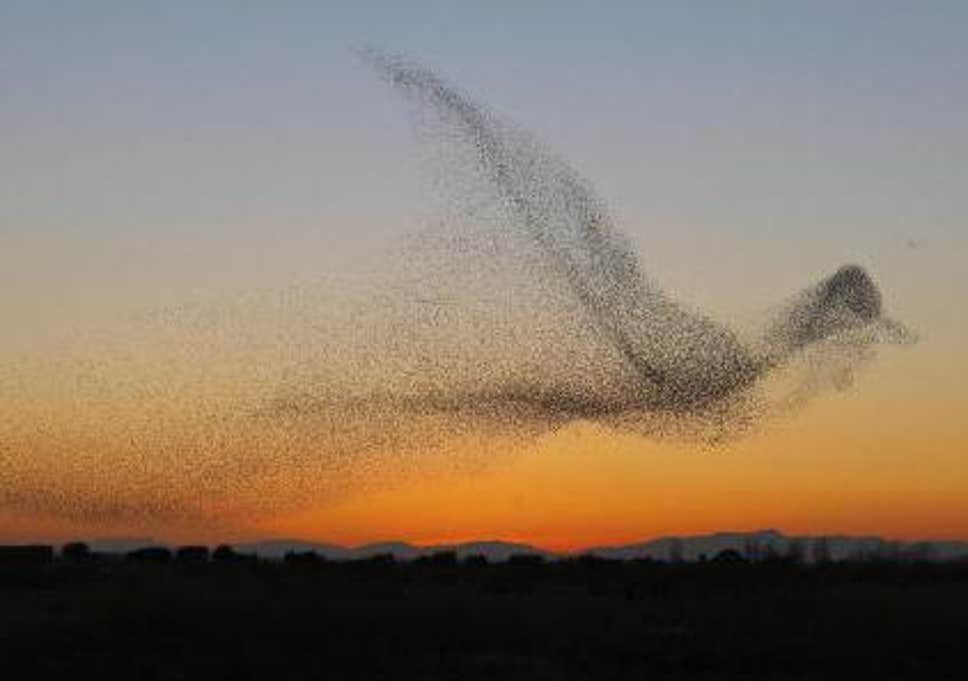A Reflection of My Reflection
These past ten weeks have been quite fruitful and interesting as we touch on the different contents of the class. I found the class to be interesting even before I registered for it. I was curious to learn and understand how our perception of death affects our society and our surrounding. In my culture death is scared and a taboo and its not a common topic that is touched on especially among young people. The class gave me the courage to participate and listen to the different discussions and perspectives about death and how it connects to our societies and cultures.
My group and action project were the highlight of the class. I was able to partner with the most amazing and hardworking people all quarter. The group action project we choose to participate in was with WASHPIRG, and we partnered with them on their “Beyond Plastic” campaign. Our project was focus on collaborating with greater community to reduce plastic waste, educate our peers on the devastating effects of plastic on the environment, and analyzing and evaluating the course content of the class to the real time human activities and experiences. WASHPIRG is one of the first independent activist organizations created by UW student back in 1976 to address and advocate for issues affecting students in higher education such as college affordability, environmental safety etc. One of the highlights of our project with WASHPIRG was our neighborhood clean-ups. We helped clean the U-district area to help reduce to plastic waste in the area. We were inspired by the Albatross documentary to execute our clean-up project with a cause to protect vulnerable species from plastic waste created by human activity, and to help do our part in protecting the ecosystem. Through our observation of plastic waste on campus, we were reminded of the negative impact of humans on the environment and beautiful living beings such as The Albatross movie.
Additionally, the contemplative practices were super helpful for me in the class. The quarter was very intense and the practices really helped in easing the tension a little bit. As a group we thought the contemplative practices will further help us to bond even more if we incorporated them in our group project routine. One of our group members was very helpful in leading the contemplative practices by reading out load poems and reflecting on how we were feeling. The poem that resonated to us the most was the one we shared with the class on our group presentation: “Letter to Someone Living Fifty Years from Now” by Matthew Olzmann. All in all I had a great learning experience in the class and will definitely relate the contents of the class as I continue to grow and live my life.









